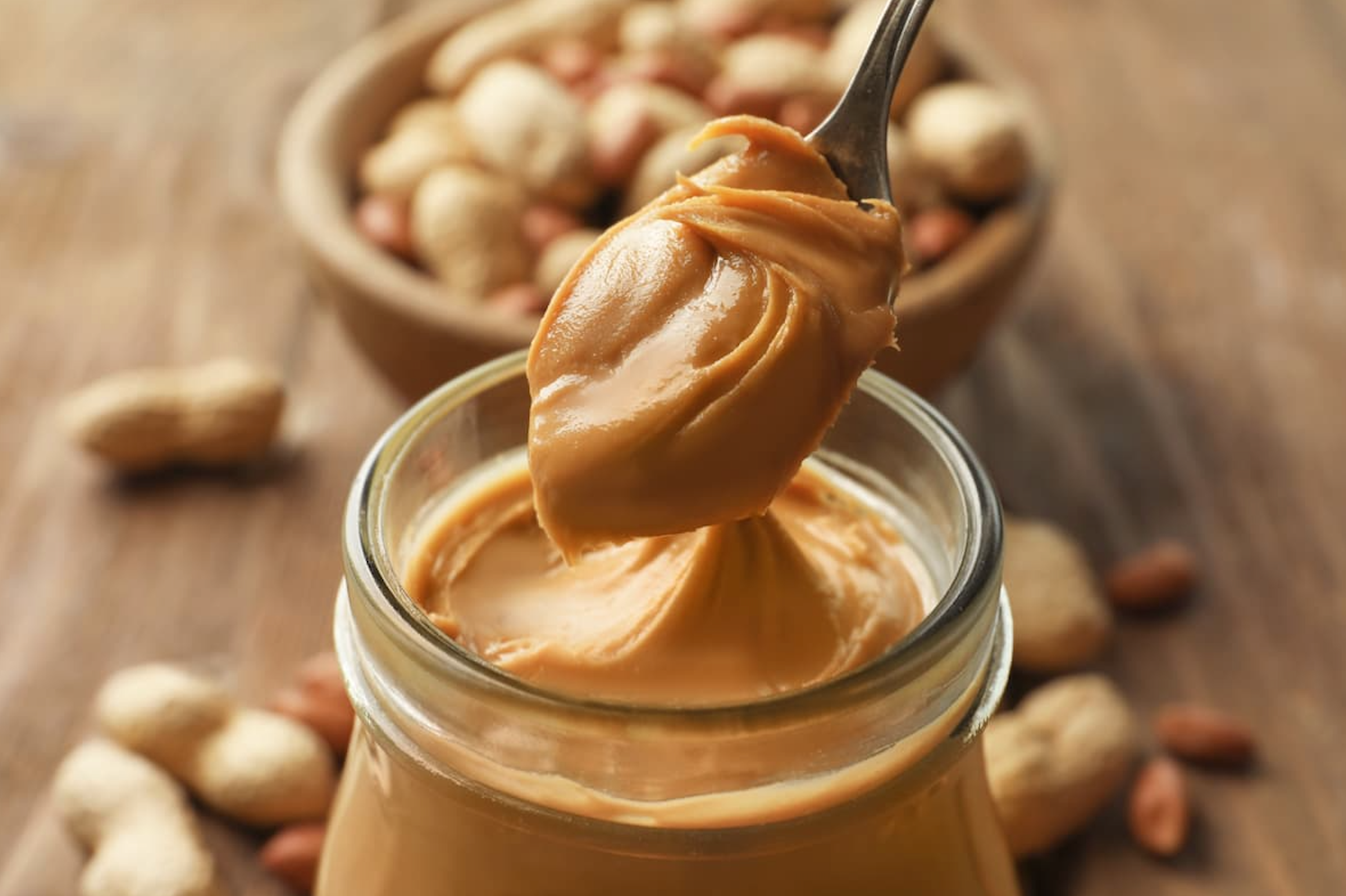
Cow Milk Allergy Risk Linked to Lower Calcium Intake and Bone Density
People at risk of cow milk allergies consume significantly less calcium, leading to lower bone mineral density and T-scores in wrist and ankle bones, underlining the need for alternative calcium sources and proper nutritional guidance for maintaining bone health.
By
Lana Pine| Published on September 17, 2024
4 min read
A study published in Frontiers in Nutrition examined the impact of cow milk allergy risk on calcium intake and bone mineral density (BMD) among those at risk of cow milk allergies (AR) compared with controls. Results showed that the AR group consumed significantly less calcium than the control group, which led to lower BMD and T-scores in the wrist and ankle bones.
A positive correlation between calcium intake and BMD values was also demonstrated, highlighting the importance of adequate calcium consumption for bone health, particularly for those at risk of milk allergies.
“Professionals in nutrition and dietetics should provide nutrition education and strategies that can enhance the calcium intake among this population to help them meet the daily calcium intake recommendation, ultimately leading to better bone health,” wrote a team of investigators including Lukkamol Prapkree, PhD, RDN, LDN, a registered dietitian nutritionist associated with Sodexo at the University of Kansas Health System.
Milk allergies and lactose intolerance are relatively common, affecting between 1 – 3% of the population. Although a number of tests are available to diagnose these conditions, patients who are undiagnosed can suffer from symptoms including rashes, diarrhea, bloating, vomiting, difficulty breathing and even anaphylaxis after consuming milk or milk products.
The current study, which took place within the Nutrition and Dietetics Division of the Faculty of Allied Health Sciences at Burapha University in Thailand, was the first in Asia to examine the impact of milk allergies on calcium intake and bone health among at-risk individuals. Until now, research in this area has been limited.
Investigators recruited 80 subjects to evaluate the differences between calcium intake and BMD values among at risk individuals (40 participants) and those who are not at risk (40 participants). Potential lactose intolerance and cow milk allergies were determined using a screening questionnaire, which was adapted from a previous study.
A bone mass density measurement of the wrist and ankle bones, body composition analyses, an anthropometric assessment and a 3-day dietary record were performed and collected, and data were used to compare the differences between cohorts.
Demographics, such as body mass index, sex and age, were comparable between groups, although the control group reported a significantly higher daily length of sun exposure compared with the AR cohort (96 minutes vs 59 minutes, respectively). Additionally, people in the control group consumed more protein (19.05% vs 11.82%, respectively) and less fat (27.25% vs 34.45%, respectively) than the AR group.
Subjects in the AR group had a significantly lower calcium intake compared with controls (317 mg/day vs 623 mg/day, respectively). Controls also had significantly higher T-scores and BMD values compared with controls for both the ankle and wrist bones.
Investigators mentioned limitations of the study, including that subjects were not medically diagnosed with either lactose intolerance or cow milk allergies. They encourage future research to recruit those who have been diagnosed as they may require different approaches to nutritional management. Future studies should also focus on biochemical parameters related to bone health, including serum calcium, parathyroid hormone and alkaline phosphatase. Additionally, the relatively small sample size of patients may have limited generalizability.
“Avoidance of milk and milk products, which are rich sources of calcium, poses a major challenge for people at risk of cow milk allergies and lactose intolerance,” investigators concluded. “Therefore, alternative sources of calcium intake, such as green leafy vegetables, hard tofu, or even goat milk, are recommended for the nutritional management of people with cow milk protein allergies.”

